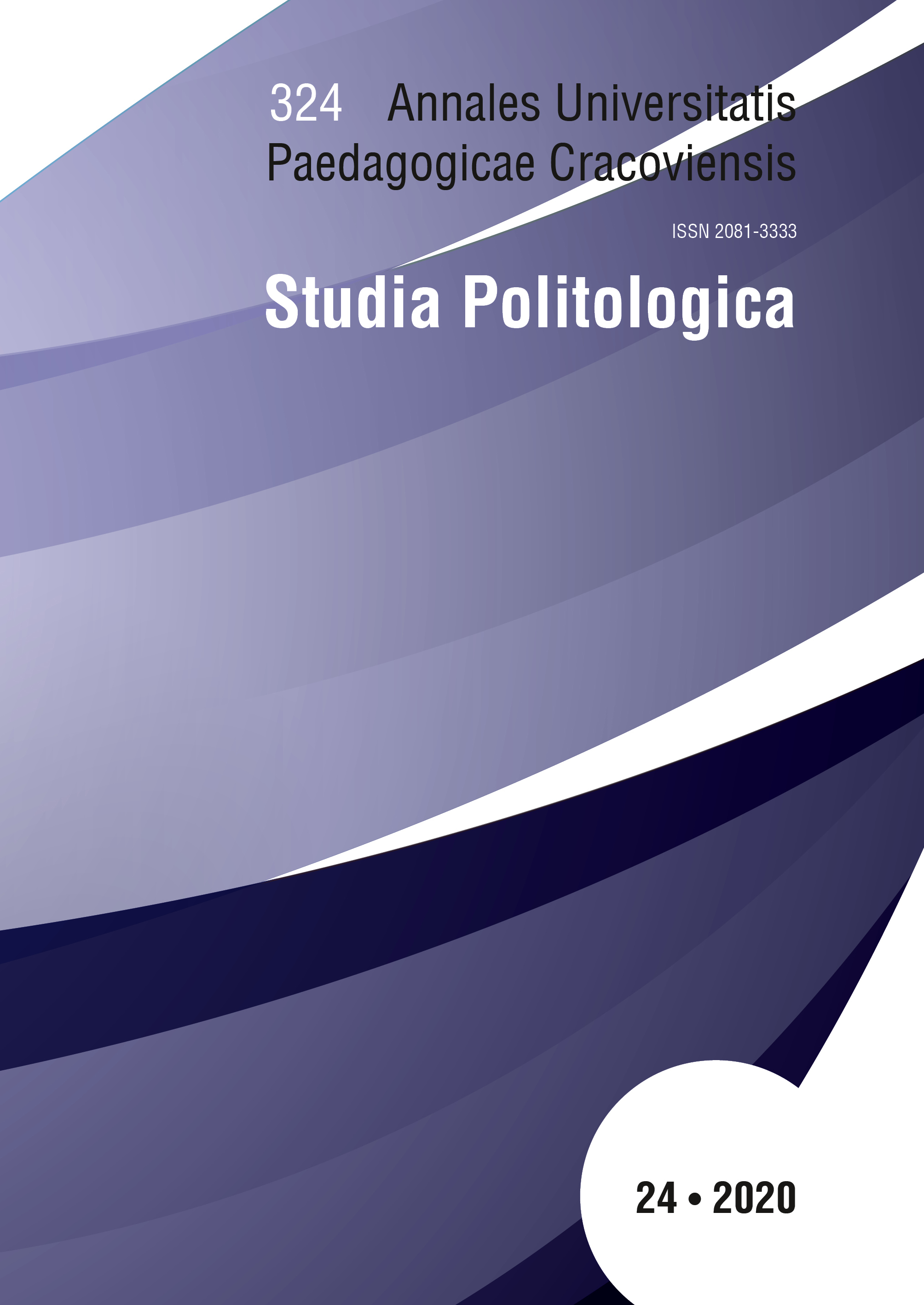Żywioły antysemityzmu i dialektyka ksenofobii
DOI:
https://doi.org/10.24917/20813333.24.3Abstrakt
In this paper, i analyse the components that make up the concept of so-called elements of anti-Semitism
as presented by Theodor W. Adorno and Max Horkheimer. According to their multi-factorial analysis of
the sources behind the development of anti-Semitism in the 20th century, we can distinguish four basic
dimensions thereof: socio-economic, religious, ideological and ethical-moral. After a brief characterisation
of each of the elements of anti-Semitism, i then juxtapose them with the phenomenon of contemporary
Islamophobia in order to attempt to prove that the concept of the authors of the Frankfurt School has
a broader and non-uniform dimension; it can be treated as a philosophical-critical foundation for theoretical
research in the field of contemporary xenophobias and its sources.
Pobrania
Opublikowane
Numer
Dział
Licencja
Redakcja przyjmuje do druku teksty oryginalne, wcześniej niepublikowane. Treść czasopisma jest dostępna na licencji Creative Commons (CC-BY-NC-ND 3.0 PL)
Licencja ta zezwala na wykorzystanie materiałów opublikowanych w czasopiśmie w celach niekomercyjnych np. komentarza, krytyki, informacji, archiwizacji, nauczania lub prowadzenia badań, z poszanowaniem aktualnie obowiązującego prawa autorskiego (ustawa z dnia 4 lutego 1994 r. o prawie autorskim i prawach pokrewnych Dz.U. 1994 nr 24 poz. 83 z poźn. zm.). Zgodnie z wymogami licencji, konieczne jest dokładne podanie źródła cytowania lub parafrazowania oraz zachowanie tekstu w oryginalnej postaci (zakaz tworzenia utworów zależnych).

